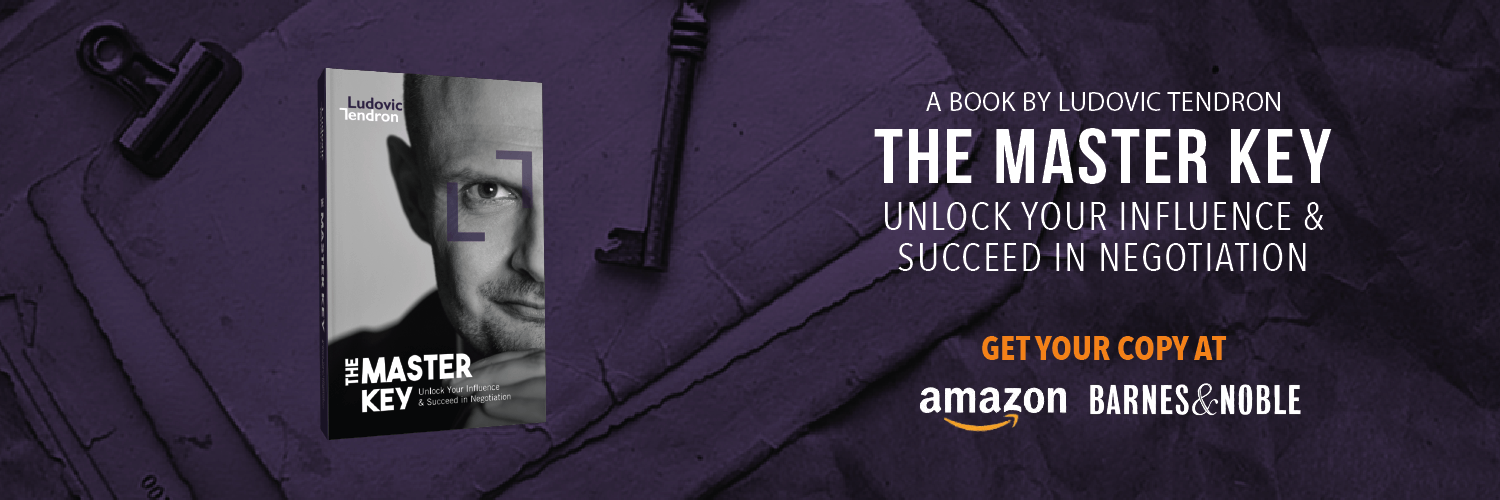While in Singapore last week, I met with my dear friend Michael von Schlippe, Managing Shareholder of Indochine Media Ventures, which publishes some iconic lifestyle magazines such as Esquire Singapore.
We agreed to meet at the Marina Bay Sand, center of attraction of the City state. And as he always kindly does when we meet, Michael brought me his last publication. This time, the cover was starring a celebrity named Blawko. I had never heard of him. The cover also said “Virtual Celebrity” and “Artificial Intelligence Issue”.
It happened that Blawko, who has 138k followers on Instagram, doesn’t actually exist and is an avatar. Half the magazine was actually written by a robot via Artificial Intelligence (AI) to demonstrate the progress of technology empowerment.
For those who are not completely familiar with AI, AI is a series of algorithms that simulate intelligence based on its ability to adapt its algorithms or create new ones. This ability to grow by itself is called intelligence.
Could you AI fool the reader to think that a human had written the article? To my amazement, it was impossible to tell the difference between articles written by humans and robots in the magazine. Apparently, it took the bot 2 minutes to write an article of 1500 words!
The first question that came to my mind is: Could robots replace journalists in the near future?
It seems that some publications in the US such as the Washington Post or the LA Times have already integrated AI into their business model. They have both already produced hundreds of articles these past few years using AI covering sports, catastrophes or even homicides, without readers even noticing.
AI is currently seen as a way to assist journalists by freeing their time and giving them the opportunity to focus on quality tasks. However, we can imagine that AI will soon improve and replace more writers.
Journalism is not the only sector affected. AI will soon be transforming the entire legal sector as well, with robots not only reviewing contracts and spotting risks and discrepancies with fewer errors and better efficiency than humans, but also writing the actual agreements. AI will also be able to predict the likelihood of winning a legal case!
According to Deloitte, more than more than 114,000 of jobs in the legal sector will be automated in the next 20 years. Secretaries, paralegals and other research assistants could be the first sent to the chopping block while lawyers with a broader set of skills will continue to emerge.
Let’s also imagine how writing a book could be made easier in the future for authors. The more they will go through ideas and guidance with a robot, the sooner they can complete their final manuscript. Research, a great part of any author’s work, could be done in lightning speed. Rather than taking years to produce a solid book, it would be possible to put it together in a few days, if not in a few hours.
Should we fear or welcome a future with more AI development? It will depend on how far we take it and if we can avoid its misuse and negative side-effects. The question is not whether there is a risk of wrong manipulation, but whether we will be able to prevent it and deal with it.
What is your opinion on this?



